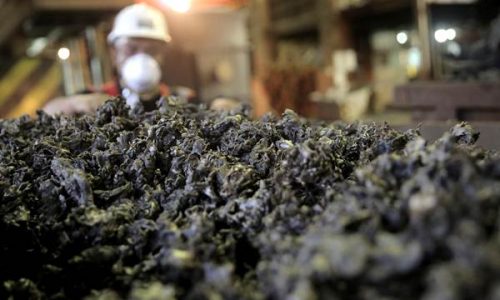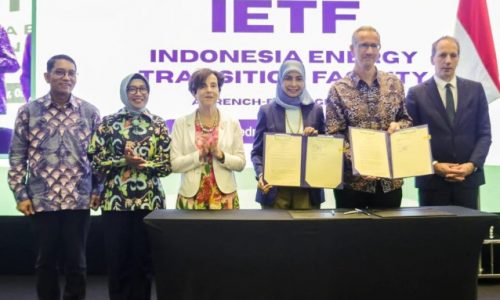The Indonesian Forum for the Environment (Walhi) has opposed the government’s plan to allocate 20 million hectares of forest for food and energy reserves as it will accelerate deforestation, increase land conflicts, and exacerbate environmental disasters.
“We reject this plan because it will not only expand deforestation but also trigger conflicts, criminalization, and increasing environmental disasters such as forest fires and hydrometeorological catastrophes,” Uli Arta Siagian, Walhi National Forest and Big Plantation Campaign Manager, told a hearing with the House of Representative’s Agriculture, Forestry, Food and Marine Affairs Commission IV on Wednesday, February 12, 2025.
According to Walhi’s analysis, the initiative will involve clearing vast areas of protected and production forests, contributing to the rapid decline of Indonesia’s forest cover.
Walhi cited that of the 20 million hectares planned for conversion, 15 million hectares will be taken from protected forests and production forests that currently have no commercial permits. This includes 2.29 million hectares of protected forests and 13 million hectares of production forests.
Furthermore, an additional 3.17 million hectares will come from inactive forest areas, which the government claims are underutilized but still contain significant natural forests. Walhi warns that opening these areas will lead to immediate deforestation and further environmental degradation.
The remaining 1.9 million hectares will be sourced from social forestry permits, a move that activists fear could harm local communities that depend on the forests for their livelihoods.
Walhi dismissed the Ministry of Forestry’s claims that the program will not cause deforestation, saying that Indonesia’s forests are already overburdened with extractive industry permits, weak law enforcement, and illegal activities, including palm oil plantations.
Currently, Walhi reports that approximately 33 million hectares of forest have been lost due to forestry sector permits, with 8.5 million hectares converted for palm oil plantations, mostly controlled by large corporations. Additionally, 3.3 million hectares of forest are occupied by illegal palm oil plantations, some of which are linked to corruption scandals.
Walhi and other environmental activists urge the government to reconsider the plan and focus on sustainable land management practices that prioritize conservation and community rights over large-scale commercial exploitation.









